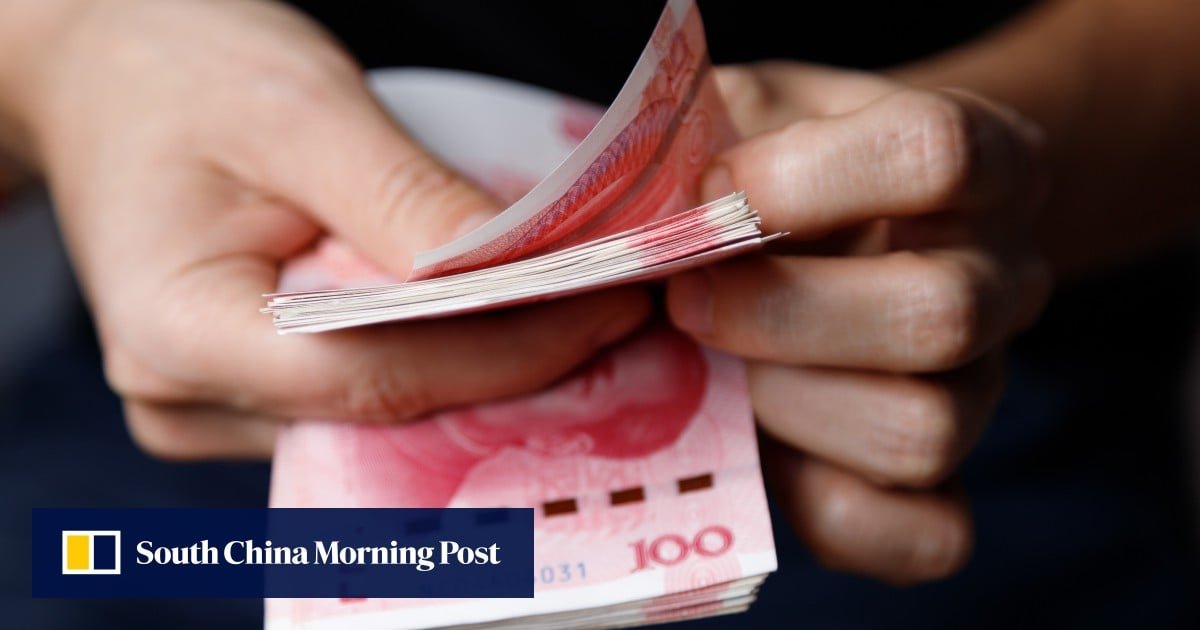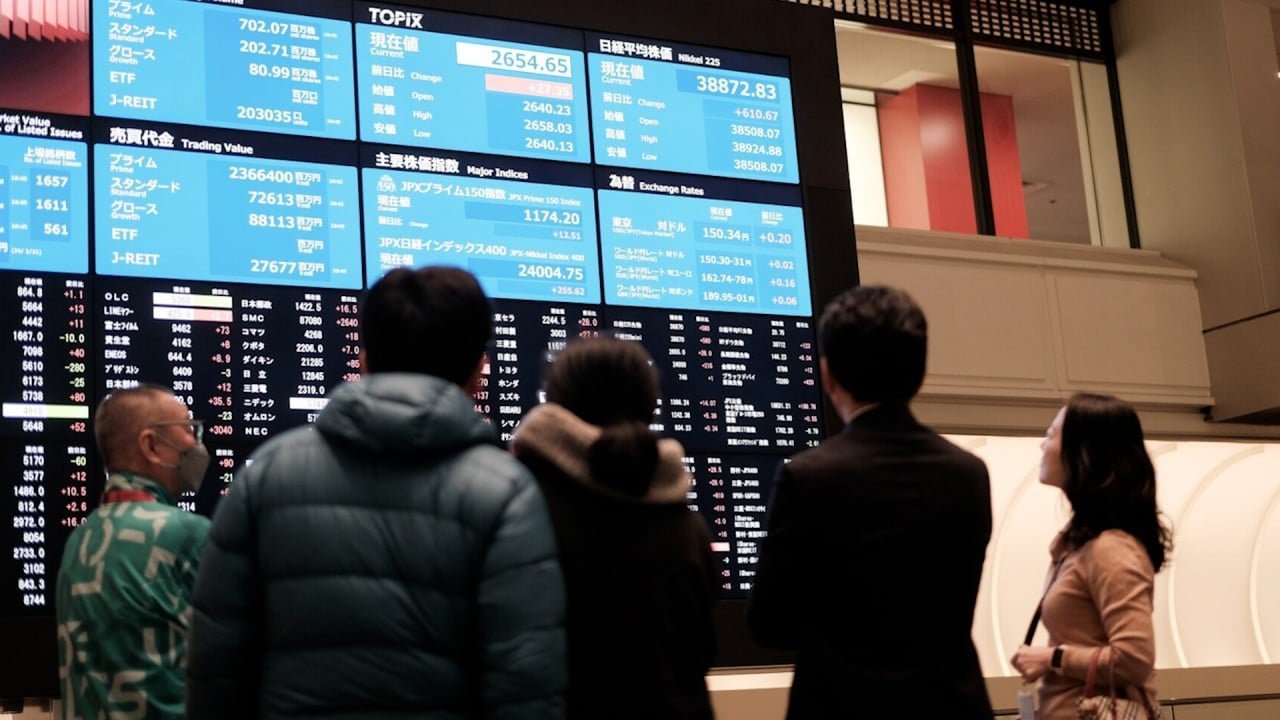“As the quality of a country’s financial system rises in the process of servicing global supply chains, the foundation for using its currency will be cemented,” it stated.
China has been trying to increase global use of the yuan in a steady and prudent manner as the country improves management and risk prevention in cross-border capital flows.
The report gave an average internationalisation score of 6.27 for the yuan last year, while the US dollar stood at 51.52 in the same period and the euro earned a 25.03 on the index. A higher score reflects a higher degree of internationalisation, but the study did not say what the maximum score is.
The yuan ranked higher on the index than the British pound and Japanese yen, which scored 3.76 and 4.4 respectively.
Renmin University researchers started the index in 2012. They collated data related to the yuan’s settlement in trade, financial transactions and use as an official reserve currency in other countries to determine the currency’s internationalisation level.
Tu Xinquan, professor and head of the China Institute for WTO Studies at the University of International Business and Economics, wrote in May that Beijing’s continuous efforts to optimise cross-border trade settlements would help push the yuan’s internationalisation.
“Cross-border financial settlement platforms established by various provinces have effectively attracted many financial institutions, improving the efficiency of corporate payments and receipts, expanding investment and financing channels, and advancing the internationalisation of the yuan,” he added.
Despite the rising momentum, the Renmin University report warned that the yuan’s internationalisation faced challenges ahead, including pressures from the Chinese economy, persistent geopolitical risks, a relatively low rate of return for yuan assets, and the Chinese currency’s relatively weak exchange rate against the US dollar.



